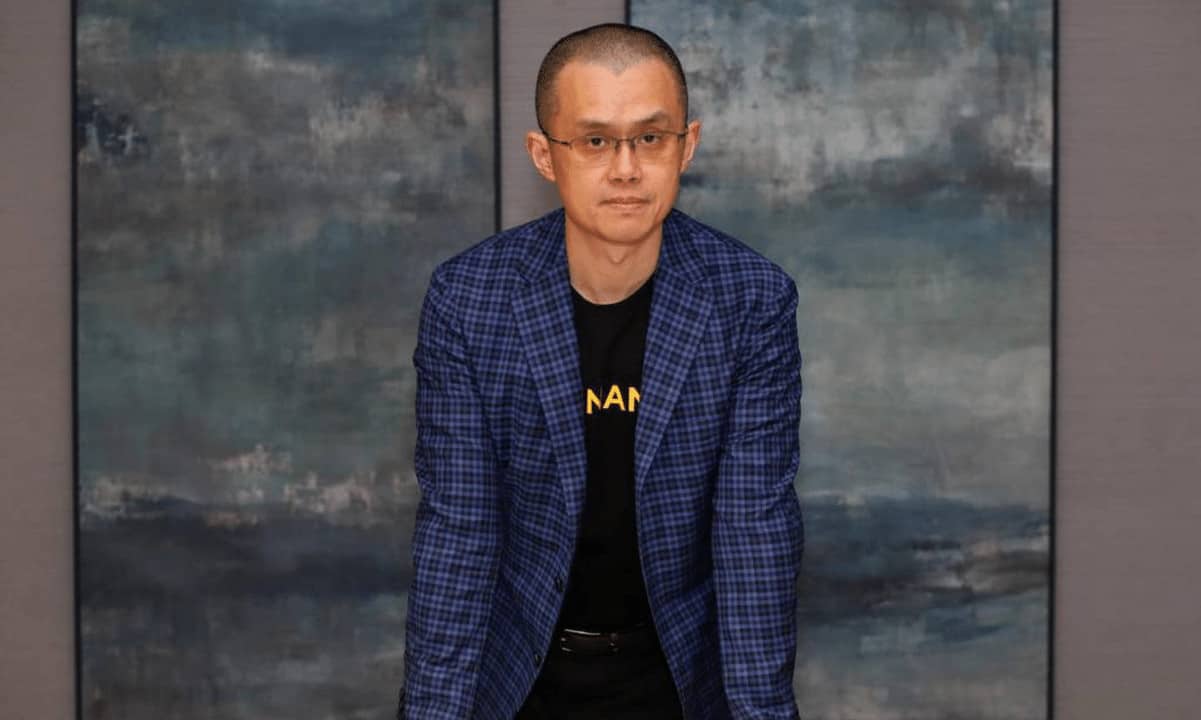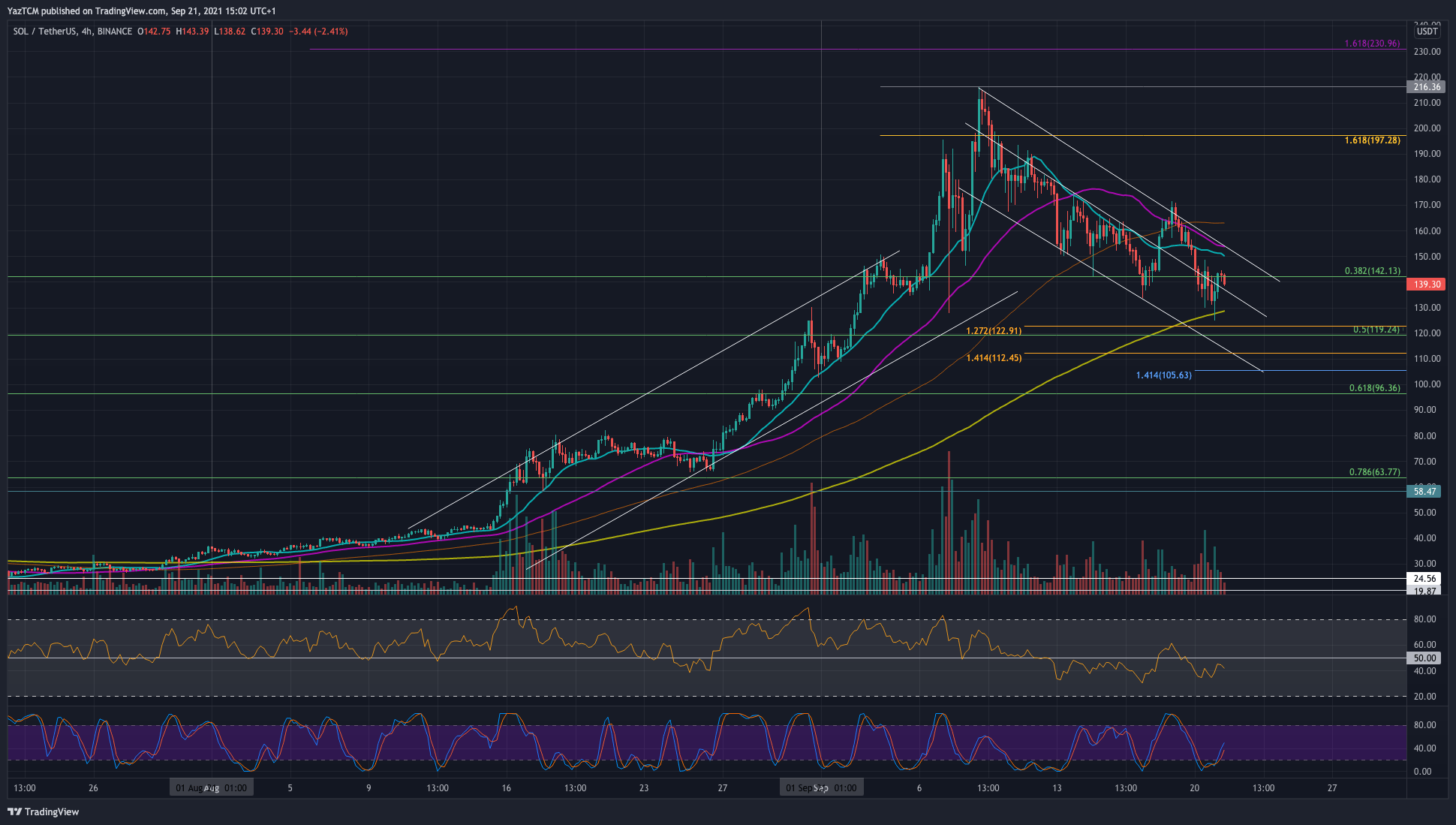Coinbase CEO Brian Armstrong Allegedly Sabotaged a Startup To Benefit His Own Project, Blockchain Accelerator Firm Says
How far would you be willing to go if you realized that someone was about to launch what you thought was a revolutionary idea that came to you first before anyone else? A complaint filed Friday in California by MouseBelt Labs, a blockchain accelerator, wants to prove that if you are the CEO of Coinbase, you could go so far as to use your fortune to steal the project.
The reason for the controversy is Knowledgr, a blockchain platform focused on distributing scientific papers that intended to use tradeable tokens as a form of incentive.
Knowledgr: A Great Idea With a Desperate Inventor
Knowledgr was being developed by Patrick Joyce with technical and financial support from MouseBelt. The accelerator had begun communications with Joyce in 2018, but the two signed all the documents to start working together in May 2019.
Relationships were going smoothly in the beginning. Joyce was meeting the stated goals, and MouseBelt was meeting its contractual obligations.
However, the lawsuit implies that everything changed when Brian Armstrong, CEO of Coinbase, showed up.
According to the lawsuit, Armstrong was secretly working on a similar project: ResearchHub, and given how far ahead Knowledgr’s development was, Mousbelt claims that the Coinbase CEO took the easy way out and instead of acquiring the firm like a normal business move, he decided to take over Knowledgr’s resources to move his project forward, saving time and I+D costs:
“It was Armstrong’s and the other Defendants’ intent to steal MouseBelt’s work for themselves, to not only eliminate a potential competitor but to obtain for ResearchHub the benefits of the financial, design, and technical resources MouseBelt put into Knowledgr, thereby allowing ResearchHub to launch sooner at less cost a successful platform based entirely or substantially on MouseBelt’s work.”
Coinbase and Brian Armstrong Play The Power Game
Although Knowledgr was at an advanced stage and Armstrong’s project was just an idea beginning to take shape, one thing is for sure: today, ResearchHub is live, and Knowledgr is not, and according to MouseBelt’s lawsuit, Armstrong bears a heavy responsibility for this.
When Armstrong published his article “Ideas on how to improve scientific research,” he put out a call for anyone interested in sharing ideas to contact him, and Patrick Joyce was one of those who wrote to him.
From then on, after a series of emails and upon pressure from Armstrong, Joyce began to share more and more information on Knowledgr, to the point where he was working in parallel on the two projects.
Eventually, Joyce began spending more time on Armstrong’s project than his own, ultimately ending in a kind of sabotage of his own initiative, MouseBelt alleges in the lawsuit.
MouseBelt says in its lawsuit that Patrick Joyce delayed delivery of his goals, hid the actual status of his relationship with Armstrong, took Knowledger’s website offline, open-sourced critical and closed information, and refused to release the Knowledgr testnet. In the end, Joyce ended up working with ResearchHub, and MouseBelt ended up suing Armstrong and his companies involved in the launch of ResearchHub for fraud, intentional interference with contractual relations, intentional interference with prospective economic advantage, negligent interference with prospective economic advantage, unjust enrichment, and quantum meruit.
So far, all parties involved remain silent.









